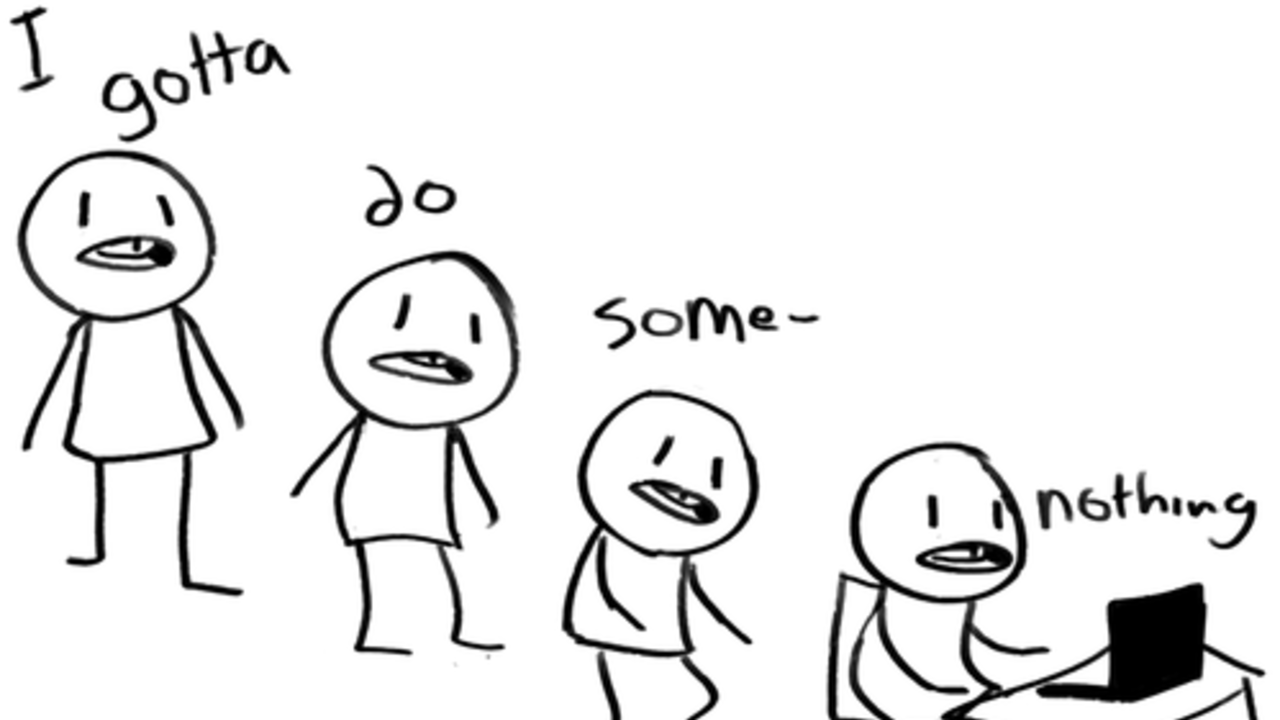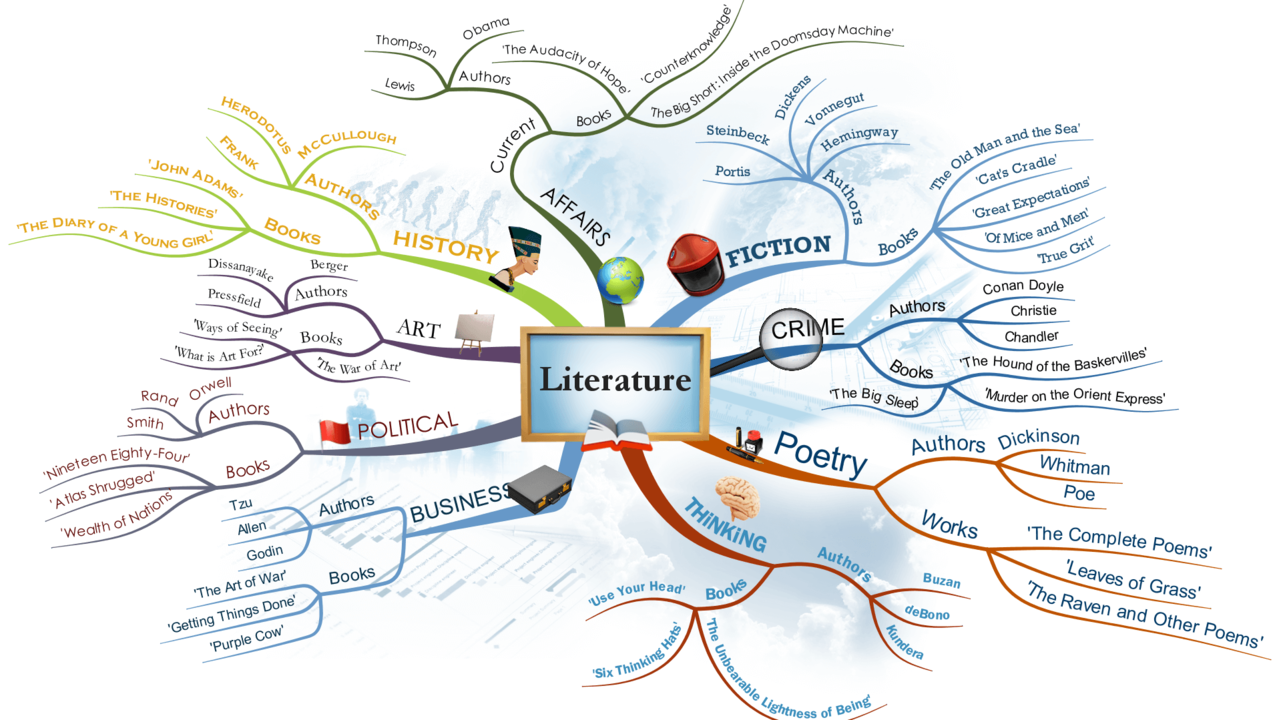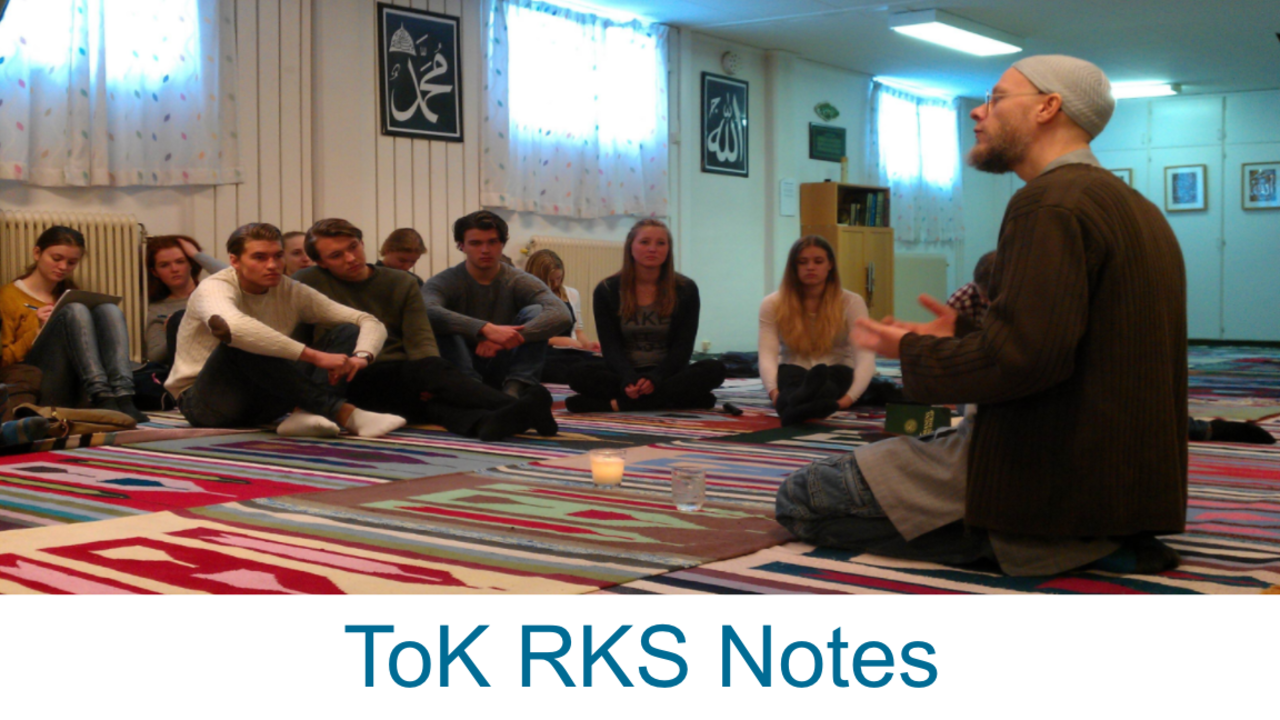The Scientific Recipe for Greatness

The traits of successful people have fascinated us since at least the 1930s. That was the era when Dale Carnegie founded self-improvement industry (which now worth $11 Billion per year in the US alone).
It was also in the late 1930s that a group of social scientists quietly began the ambitious Grant study exploring the lives of 268 Harvard-educated men.
Sixty years later (the study still going strong) they have basically given up hope of discovering the secret recipe of greatness which they were after. (They also didn't achieve their other lofty aim of easing "the disharmony of the world at large.") However, they have at least identified seven primary factors that predict healthy (physical and psychological) living and aging.
They are:
- getting an education;
- having a stable marriage;
- not smoking;
- employing "mature adaptations;" (see below)
- not abusing alcohol;
- having some exercise and
- maintaining a healthy weight.
All of these strike me as surprisingly simple, str...
Why IB Students Procrastinate

We all procrastinate.
Often we don’t think about where it’s coming from. We think of it as "laziness" and leave it at that. But ending procrastination requires we honestly face the reason (or the emotion) behind it. Once we know what’s really going on behind the scenes, we can get over it and get on with our work.
The main causes of procrastination:
- Inability says “I don’t actually know how to do this.”
- Fear says “I can’t do this.” or “It won’t be good enough.”
- Perfectionism says “I can’t make any mistakes with this.”
- Confusion says “I don’t know where to start.”
- Disagreement with the task says “This doesn’t matter. It’s not going to help me.”
- Overwhelm says “I can’t even focus. I’ve got so much going on right now.”
Assignments can push us out of our comfort zone when they reveal our weaknesses and stir up emotions like insecurity or doubt. But if we need to get our work done, we have to face the underlying problem. Life is about progress, not perfection. We don’t have t...
Get Rid of 10 Things Every Day

Here’s a simple technique that can simplify your life a lot. I’ve been doing it for about a year and it’s worked for me:
Every day, throw away 10 things.
I have an item on my schedule every day called "Throw 10" and I do my best to check it off every day.
Here are my personal rules:
- Obvious garbage doesn't count.
- It still counts if you take a picture of it and then throw it away.
- Mystery electrical cables from the junk drawer count.
- Books I know I'm not going to read again count.
- A file folder full of old health insurance forms from Belgium counts as one.
I drop a lot off at the Salvation Army.
10 a day seems to be the right number. It’s done a lot for me:
- Less clutter
- I know where things are
- I spend less time spent trying to find things. If I don’t have it I realise it quickly and it's never been a problem.
- I’m more organised
We’ve all heard stories about immigrant families who arrive with almost nothing and achieve amazing things. I think that the fact t...
How to Take Killer Notes in IB

Good note taking is essential for success as a student (in High School and University all the more). And yet most people don’t know how to do this well. With this in mind, here is some guidance for you, to help you take more effective notes.
You are responsible for everything covered-- whether it’s in the textbook or if it comes up in class. However, if you are someone that learns much better from the textbook then you might want to work ahead in the textbook (taking notes) so that when the teacher talks about things you'll already be well aware of what's going on.
Keeping good notes helps you to keep your ideas organised and also to force yourself to think about things, which is how you learn. Just reading a book does not force you to notice anything. Also, if you take great notes as you go (during the year) you’ll find yourself much better prepared for Exam Practice.
What ARE great notes?
Good notes are thoughtful. I can often tell whether you were really thinking about the mater...
How to Be More Focused

What single activity would keep you fascinated and motivated for the rest of your life?
Do you know what that would be?
It’s not simply sitting on beach, doing nothing. Not for the rest of your life, every day.
And it’s not just something that pays well, because we’re assuming you could do anything.
And it doesn’t have to be something you already do.
Think about it. (Seriously, think about it).
This is a powerful question. In fact, this question is worth as much time as it takes you to find your answer. Because you can (if you want) organise your whole life around it. You can start doing more of your one activity and doing less of things that aren’t that. You can slowly start to become so good at your One Activity that it becomes your job --if you want.
That’s the kind of world we live in these days; we have room for all kinds of specialists. Everyone admires focus. And everyone admires a person who knows what they want. Some people make their money playing video games.
If yo...
How to Get a 45 in IB

Life is full of complicated trade-offs, but when you make the decision to be the best at something you're also saying no to almost everything else.
Only when we commit to being the best can we focus completely and do the necessary work.
That kind of commitment takes courage and most people aren’t willing to act with that kind of courage.
Most people never really commit to ambitious goals. They mention things that they’d like to achieve, but they never actually DECIDE to achieve them. So they don’t. And this results in lower self-confidence and confirmation that they should also aim for less next time around.
Making a real decision cuts off all other possibilities. If you decide to be the fastest runner, you don’t have to decide which days you’re going to train. You’re going to train every day. A lot of little decisions have already been made, so you can get on with it. You can do the work and become the best.
If you decide half-way you might never get anywhere.
So, it’s not easy ...
How To Write Well in IB Subjects

Every year we (your humble IB teachers) read IA’s and EE’s that make the same mistake. We try to warn you about it. We try to explain this mistake, but every year a lot of people still do it.
It undermines your whole effort.
Brilliant students do it. Average students do it too. Some students who spend 40 hours on their Extended Essay research over the summer still do it.
What is it?
Before I tell you, let’s consider what makes a good doctor.
We have all been to good doctors and bad doctors. What makes the difference? What impresses us about doctors?
Explain the hard stuff
All doctors do “doctor things,” --they do specialist medical tests and then they understand the results. But good doctors interact with us differently. They explain those results (analysis), mentioning the complicated medical concepts and key words, but then they also explain those words clearly. They also explain the conclusions which can be drawn from the tests (evaluation) and how sure we could be about tho...
IB Business Marking Codes

When I have a pile of tests or practice exams to mark, I want to give as much feedback to students as possible. To help with that, I use marking codes --which I call my "marking shorthand."
Using a shorthand like this helps me provide more detailed and specific feedback to my students on their tests and practice exams –-which, in turn, helps them know how to improve.
My most commonly used symbols on IB Business Management Tests and exams
 ✓ = Good point. This one is pretty obvious. I try to let you know exactly where you have made a good insight and are therefore earning marks. 10 check marks doesn’t necessarily mean 10/10 marks, but sometimes it does work out like that. I always reward good CTs and good CL’s (This relates to my 3-step method for business answers)
✓ = Good point. This one is pretty obvious. I try to let you know exactly where you have made a good insight and are therefore earning marks. 10 check marks doesn’t necessarily mean 10/10 marks, but sometimes it does work out like that. I always reward good CTs and good CL’s (This relates to my 3-step method for business answers)
+CTs – please include more Course Theories (CT’s) next time, in order to improve your marks on a question like this. Course Theories basically means key terms, or references to related concepts, which help explain the ...
How To Write IB Extended Essay Reflections
As you already know, the new extended essay criteria include 6 marks for “Engagement.” That's 6 marks out of 35, meaning these reflections are worth 17.6% of your EE mark!
Those 6 marks are almost enough to bring you from a C to an A.
This is a lot of marks for just 500 words. That's 500 words in total, for all of the 3 reflections.
This post will show you what the rubric is asking for and how to show these things in your writing. (You will be writing your 3 reflections on the new "Reflections on Planning and Progress Form" Updated March 2020).
In short, the reflections are meant to prove "the authenticity of your work." You do this by talking us through the path you took as you wrote your EE. So you will show us some of your thinking, decision-making and planning along the way. And you will try to show that you’re taking “an intellectual approach” and have a lot of “personal engagement.”
Here's what the they (the IB big-shots) DON’T want, what they DO want and HOW to do it:
...Religious Knowledge Systems Notes - Theory of Knowledge

Religious Knowledge Systems Quotes
 "There is only one religion, though there are a hundred versions of it." (George Bernard Shaw)
"There is only one religion, though there are a hundred versions of it." (George Bernard Shaw)- ''I believe in God, only I spell it Nature." (Frank Lloyd Wright)
- "Where knowledge ends, religion begins." (Benjamin Disraeli)
- "When I admire the wonders of a sunset or the beauty of the moon, my soul expands in the worship of the creator." (Mahatma Gandhi)
- "Science without religion is lame, religion without science is blind." (Albert Einstein)
- "My religion is very simple. My religion is kindness." (Dalai Lama)
- "God is a metaphor for that which transcends all levels of intellectual thought. It's as simple as that." (Joseph Campbell)






